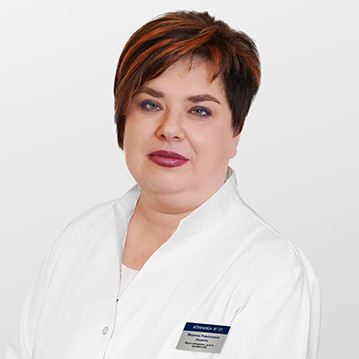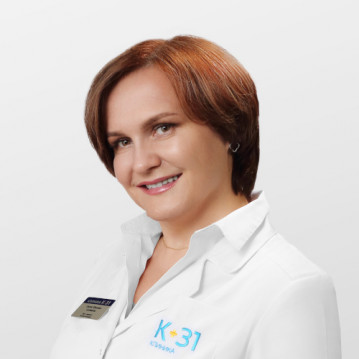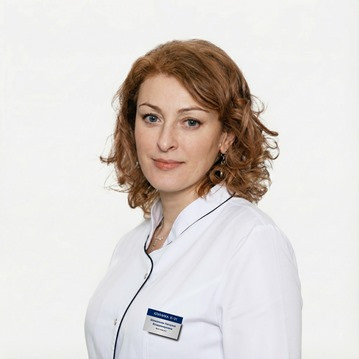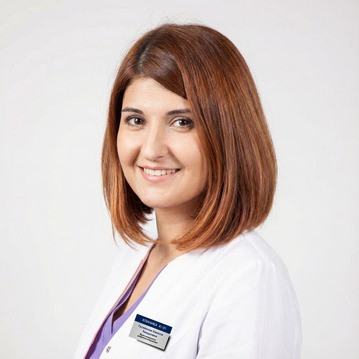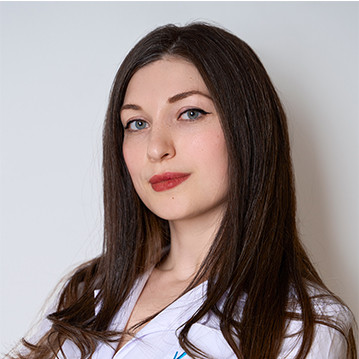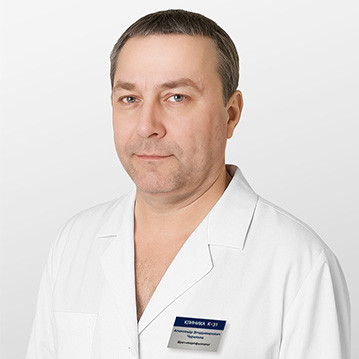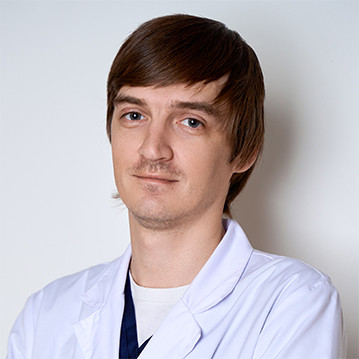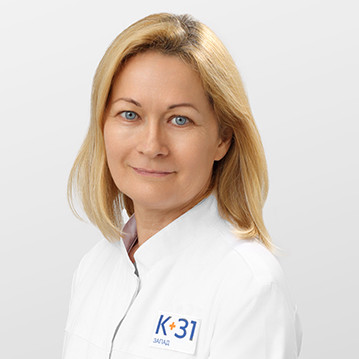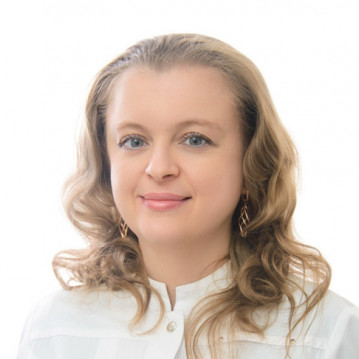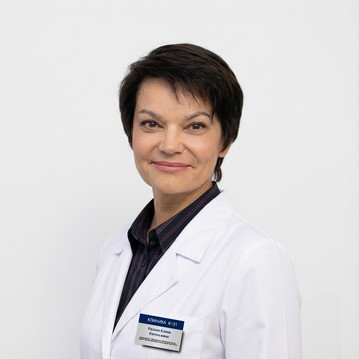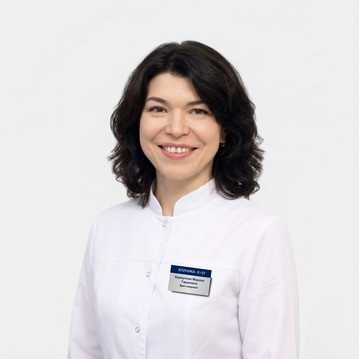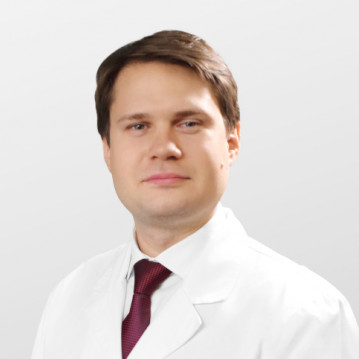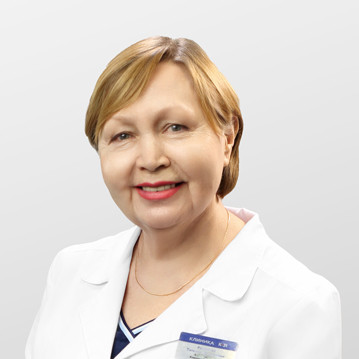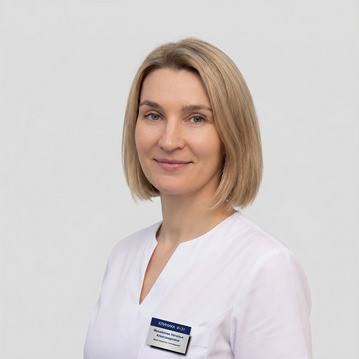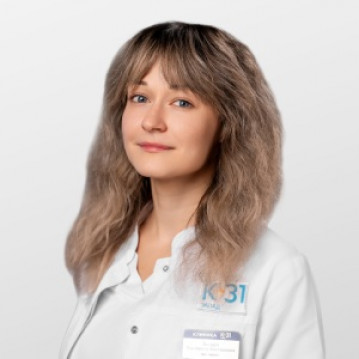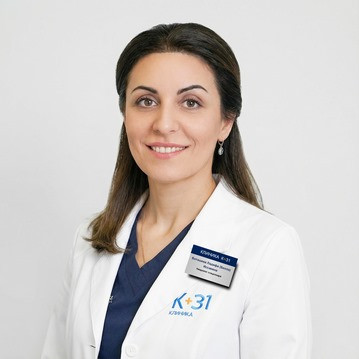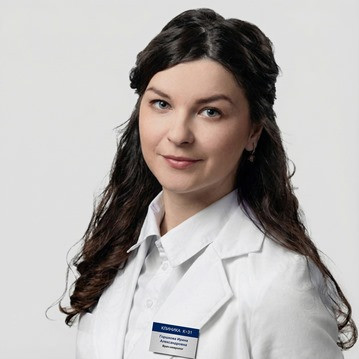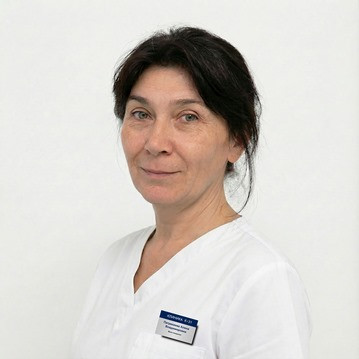Vegetative-vascular dystonia (VVD) is a change in the tone of blood vessels of various organs and tissues that occurs due to a malfunction of the autonomic nervous system.
Factors
- hormonal changes in the body (pregnancy, childbirth, puberty);
- personality characteristics of the patient (anxious, suspicious personality);
- lack of exercise since childhood;
- chronic infections;
- cervical osteochondrosis;
- diseases of internal organs (atherosclerosis, pancreatitis, peptic ulcer of the stomach and duodenum, collagenosis, amyloidosis and others);
- endocrine diseases (diabetes mellitus, thyrotoxicosis, hypothyroidism, pheochromocytoma and others);
- allergic diseases;
- occupational and work-related diseases, including in acute radiation sickness, even after cure;
- diseases of the nervous system, head injuries;
- acute and chronic psycho-emotional stress;
- alcohol abuse
- smoking;
- overwork;
- frequent use of coffee.
The main feature of patients with vegetative-vascular dystonia is the presence of a large number of complaints, as well as a variety of clinical syndromes and symptoms. The main clinical signs:
- fatigue
- anxiety;
- heart palpitations;
- pain in the heart;
- sweating
- occasional fever;
- episodes of severe shortage of air and numbness of the limbs.
